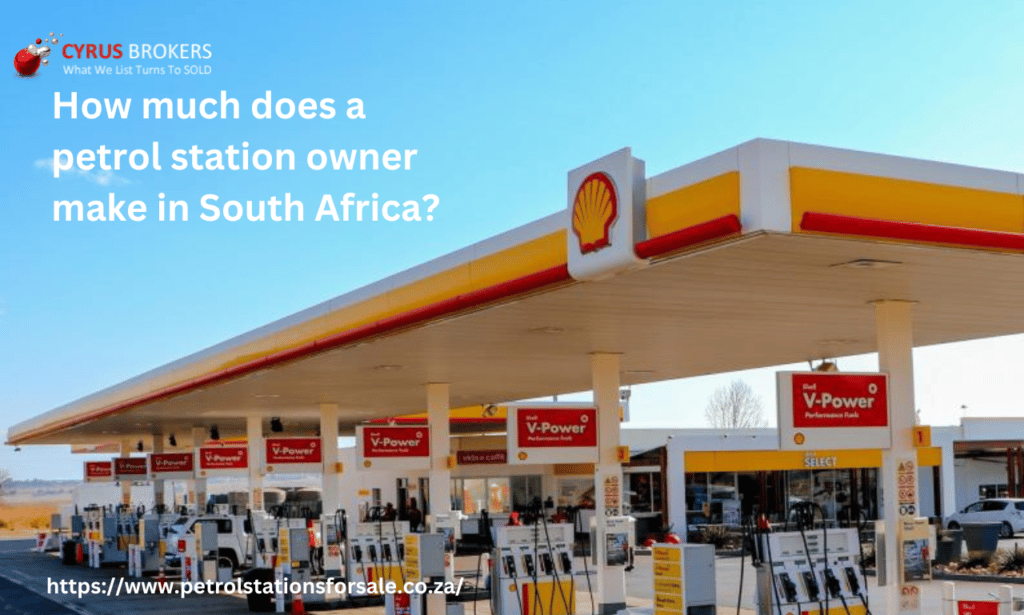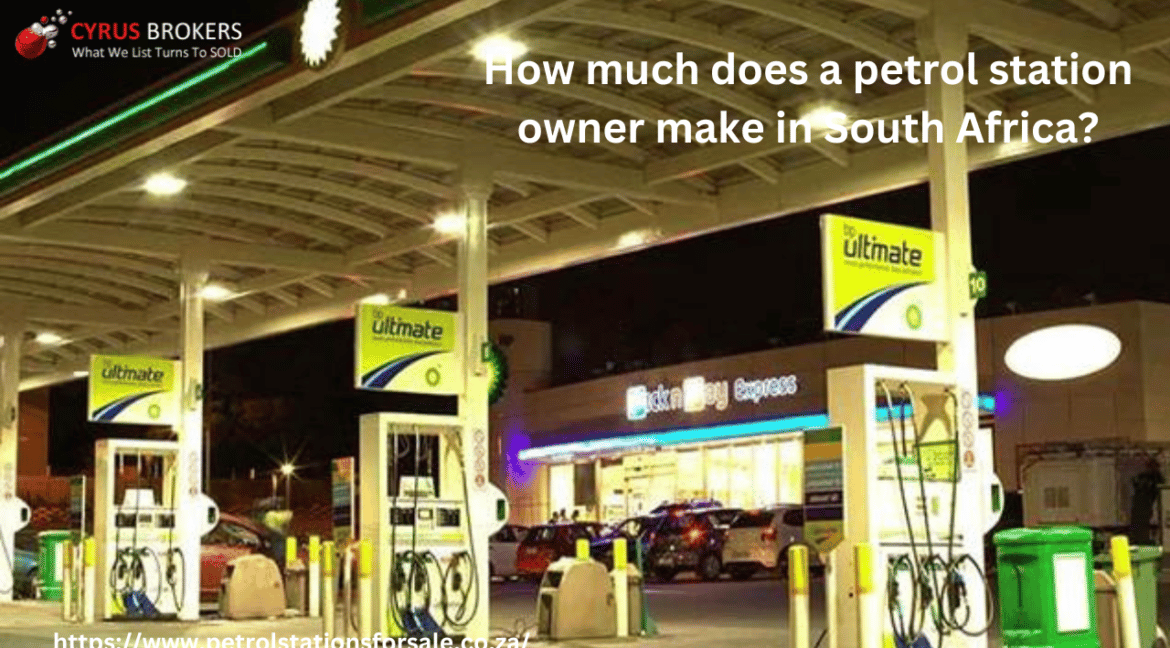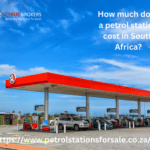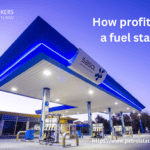The South African petrol station industry plays a crucial role in the country’s economy, providing fuel for transportation and other purposes. As such, understanding the earnings of petrol station owners is important for anyone considering entering the industry. In this outline, we will examine the various factors that impact the earnings of petrol station owners in South Africa, including location, competition, operating costs, and government policies. Additionally, we will provide an overview of the average earnings of petrol station owners and compare them with other businesses in the retail industry.
Factors affecting the earnings of petrol station owners in South Africa
A. Location: The location of a petrol station can significantly impact its earnings. For example, a station located in a busy, densely populated area may have higher profits due to higher foot traffic and demand. On the other hand, a station in a rural or less populated area may have lower profits.
B. Size of the station: The size of a petrol station can also impact its earnings. Larger stations typically have a greater capacity for fuel storage, more pumps, and more space for convenience stores, which can lead to higher profits.
C. Competition in the area: The level of competition in the area can also impact the earnings of a petrol station. If there are several petrol stations located close together, the competition for customers may drive down prices and profitability.
D. Cost of petrol and other products: The cost of petrol and other products sold at the station is a major factor in the earnings of the owner. Fluctuations in the price of fuel can directly impact the station’s profits. Additionally, the cost of other products, such as food and convenience items, can also affect the station’s earnings.
E. Operating costs: The operating costs of a petrol station, including employee salaries, utilities, insurance, and maintenance, can also impact its earnings. These costs can vary depending on the size and location of the station, as well as the type of products and services offered.

Average earnings of petrol station owners in South Africa
A. Data analysis of average profits: It can be challenging to determine the average earnings of petrol station owners in South Africa, as the profits of individual stations can vary greatly. However, data analysis of industry reports and financial statements can provide a general understanding of the average profits of petrol stations in the country.
B. Comparison with other businesses in the retail industry: To get a better understanding of the earnings of petrol station owners, it is helpful to compare them with other businesses in the retail industry. For example, grocery stores and convenience stores, which also sell fuel and other products, can provide a useful comparison. This comparison can help to determine whether the earnings of petrol station owners are relatively high or low compared to other retail businesses.
Impact of government policies on earnings of petrol station owners:
A. Changes in fuel prices: The South African government sets fuel prices, which can significantly impact the earnings of petrol station owners. For example, an increase in the price of fuel can directly increase the profits of the station, while a decrease in fuel prices can lower its profits.
B. Taxes and regulations: Taxes and regulations imposed by the government can also impact the earnings of petrol station owners. For example, the government may impose taxes on fuel, which can increase the cost of fuel for the station and lower its profits. Additionally, regulations on the operation of petrol stations, such as environmental regulations, can increase operating costs and impact the station’s earnings.
C. Subsidies and incentives: The government may also provide subsidies or incentives to petrol station owners, such as subsidies on the cost of fuel or incentives for upgrading to more environmentally friendly technology. These subsidies and incentives can have a positive impact on the earnings of petrol station owners, as they can reduce operating costs and increase profits.
Impact of government policies on earnings of petrol station owners:
A. Changes in fuel prices: The South African government sets fuel prices, which can significantly impact the earnings of petrol station owners. For example, an increase in the price of fuel can directly increase the profits of the station, while a decrease in fuel prices can lower its profits.
B. Taxes and regulations: Taxes and regulations imposed by the government can also impact the earnings of petrol station owners. For example, the government may impose taxes on fuel, which can increase the cost of fuel for the station and lower its profits. Additionally, regulations on the operation of petrol stations, such as environmental regulations, can increase operating costs and impact the station’s earnings.
C. Subsidies and incentives: The government may also provide subsidies or incentives to petrol station owners, such as subsidies on the cost of fuel or incentives for upgrading to more environmentally friendly technology. These subsidies and incentives can have a positive impact on the earnings of petrol station owners, as they can reduce operating costs and increase profits.
Average earnings of petrol station owners in South Africa:
A. Data analysis of average profits: It can be challenging to determine the average earnings of petrol station owners in South Africa, as the profits of individual stations can vary greatly. However, data analysis of industry reports and financial statements can provide a general understanding of the average profits of petrol stations in the country.
B. Comparison with other businesses in the retail industry: To get a better understanding of the earnings of petrol station owners, it is helpful to compare them with other businesses in the retail industry. For example, grocery stores and convenience stores, which also sell fuel and other products, can provide a useful comparison. This comparison can help to determine whether the earnings of petrol station owners are relatively high or low compared to other retail businesses.
The earnings of petrol station owners in South Africa can vary greatly based on several factors, including location, size of the station, competition in the area, cost of petrol and other products, and operating costs. The government policies on fuel prices, taxes, and regulations can also significantly impact the earnings of petrol station owners. The average earnings of petrol station owners in South Africa can be determined through data analysis of industry reports and financial statements, as well as comparisons with other businesses in the retail industry.
The future outlook for the earnings of petrol station owners in South Africa will depend on various factors, such as changes in fuel prices, economic conditions, and the impact of new technologies and competition in the industry. It is essential for petrol station owners to stay informed and adapt to changes in the industry to maintain profitability.
Owning a petrol station in South Africa can be a lucrative business opportunity, but it also involves significant risks and challenges. Potential petrol station owners should carefully consider the factors affecting the earnings of petrol stations and make informed decisions based on their individual circumstances and goals. Additionally, it is crucial for potential petrol station owners to have a strong understanding of the industry and the government policies that impact the earnings of petrol station owners.










